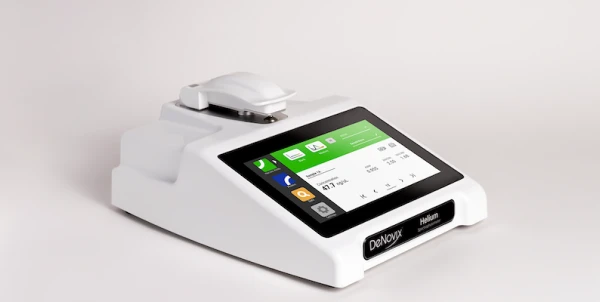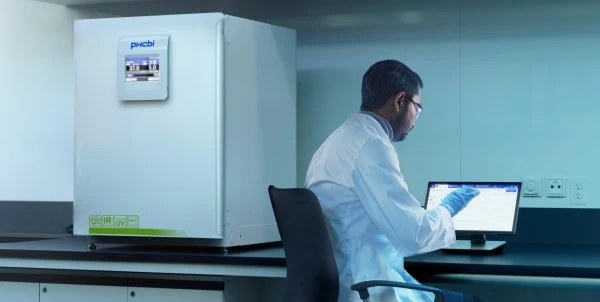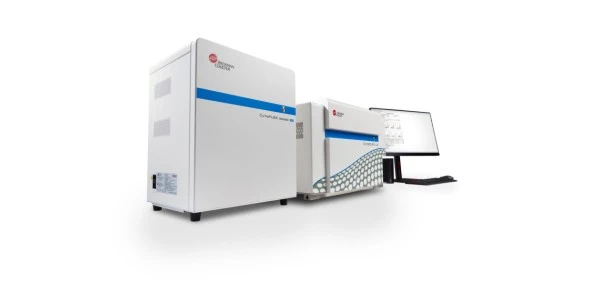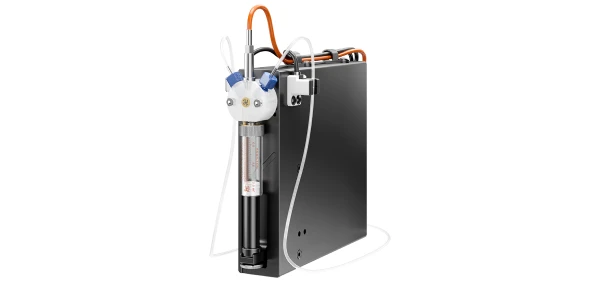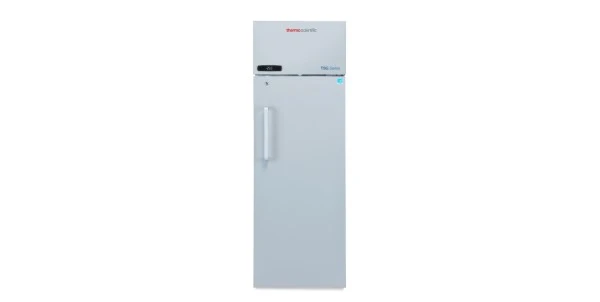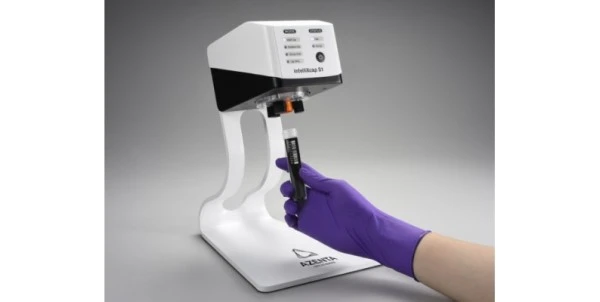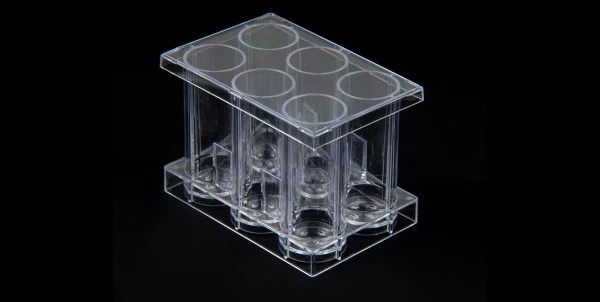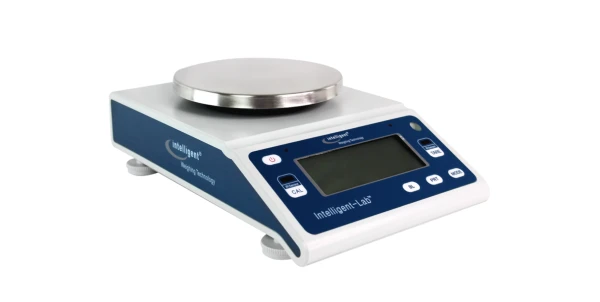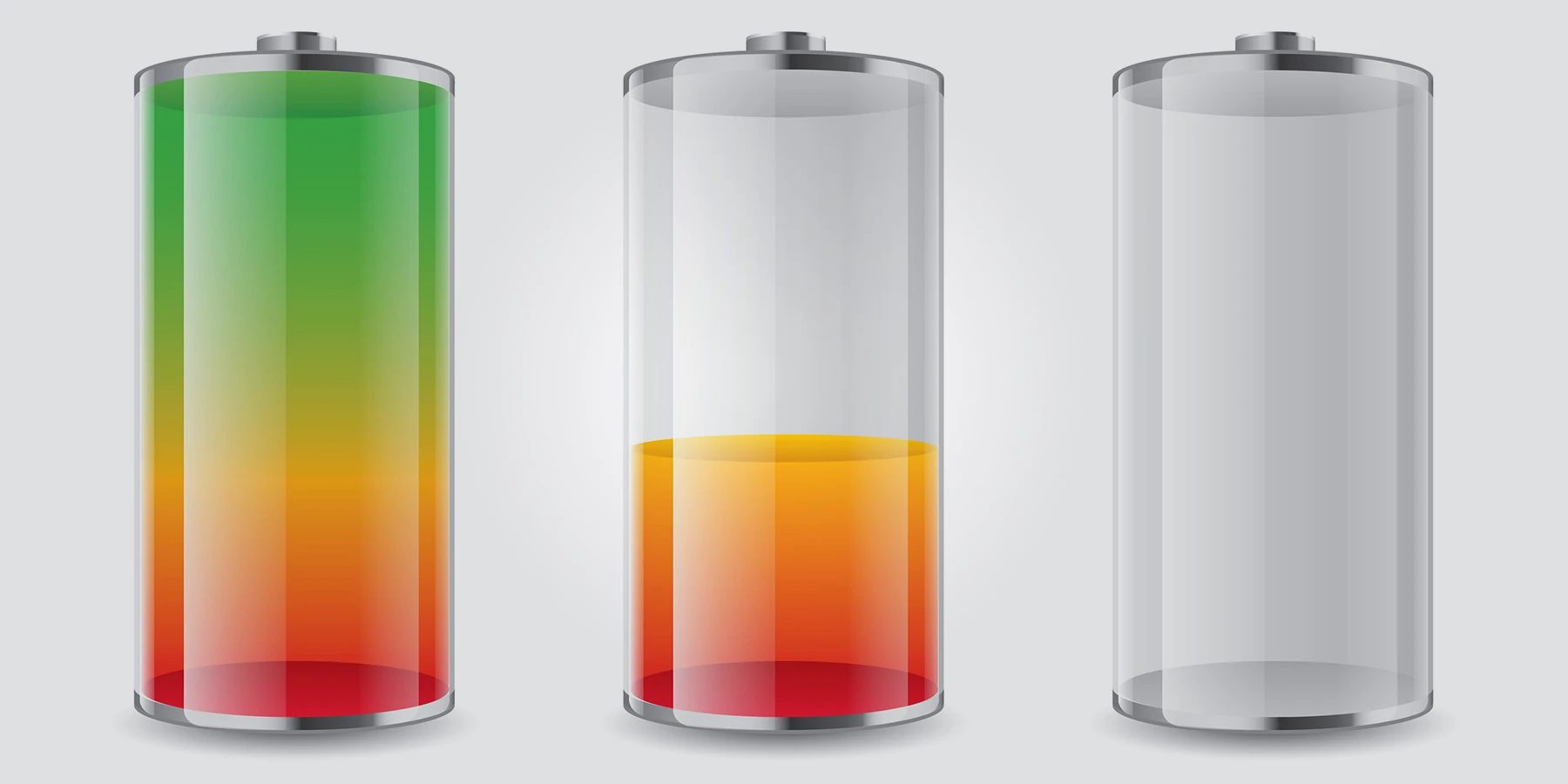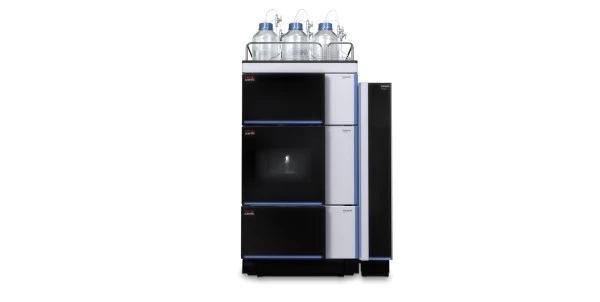New qPCR Reagents Mixes: Clara™ Probe, Clara™ Probe 1-Step, Clara™ HRM
The new mixes rely on a novel composition to push the boundaries of performance
LONDON, UK — PCR Biosystems has launched a new family of qPCR reagents mixes: Clara™ Probe Mix, Clara™ Probe 1-Step Mix, and Clara™ HRM Mix. The cutting-edge Clara™ family of mixes rely on a novel composition to push the boundaries of performance to meet the challenges of today’s laboratories. Now, researchers can be more confident than ever before in the results they generate and the conclusions they assimilate.
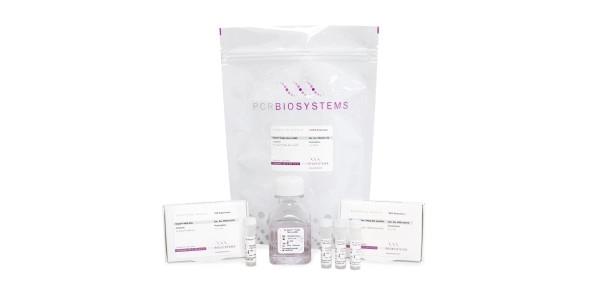 qPCR
is one of the most widely used techniques, globally. In research laboratories,
qPCR assays are used for a diverse range of applications, such as gene
expression analysis, species abundance quantification, cancer phenotyping, and
diagnostic test development. However, as a technique it is plagued by
challenges surrounding reproducibility and reliability, leading to inefficient
workflows and a lack of confidence in results. Researchers, therefore,
typically look to improve qPCR performance to elucidate insights they can be
confident in, while adhering to stricter budgets. Using carefully optimized,
high-quality reagent mixes can overcome many hurdles and enhance qPCR
performance.
qPCR
is one of the most widely used techniques, globally. In research laboratories,
qPCR assays are used for a diverse range of applications, such as gene
expression analysis, species abundance quantification, cancer phenotyping, and
diagnostic test development. However, as a technique it is plagued by
challenges surrounding reproducibility and reliability, leading to inefficient
workflows and a lack of confidence in results. Researchers, therefore,
typically look to improve qPCR performance to elucidate insights they can be
confident in, while adhering to stricter budgets. Using carefully optimized,
high-quality reagent mixes can overcome many hurdles and enhance qPCR
performance.
At PCR Biosystems, we’re committed to ensuring the highest level of performance is available to all, and that scientists from any discipline can access the reagents they need to advance their research.” explained Alex Wilson, co-founder and Business Development Manager. “Having undergone rigorous testing, scientists can be confident that Clara™ reagent mixes deliver new levels of sensitivity and precision so they can focus on their research more and worry about the products they need less.” Wilson continued, “We’re passionate about pushing the boundaries of PCR and our team of reagent specialists strive to unlock new levels of performance—of which the Clara™ family is a testament. Scientists using our products can therefore be sure of the highest quality reagents, as well as a personalized service to make sure they’re using the optimum reagents for their application.”
Being ISO 13485 certified, the mixes can also be used in diagnostic tests. Whether academic or industrial, the reagents bring several benefits to the laboratory:
- Clara™ Probe Mix: Delivers clear and consistent results while streamlining real-time PCR workloads, no matter the application. The concentrated 4x mix provides maximum reliability in both single and multiplex assays and offers superior detection of DNA targets down to 1 pg/μL cDNA. The mix is also suitable for melt-curve analysis and is available in No-ROX, Lo-ROX, Hi-ROX, and separate-ROX options.
- Clara™ Probe 1-Step Mix: Easy-to-use, the single tube 4x RT-qPCR mix is suitable for universal probe-based detection of RNA and DNA targets in single and multiplex assays. With both DNA polymerase and reverse transcriptase in the same mastermix, the Probe 1-Step Mix makes qPCR as simple and streamlined as possible, allowing you to investigate RNA targets and conduct DNA quantification in the same run, while minimizing the risk of contamination. The mix can detect down to four copies of target per 20 μL reaction.
- Clara™ HRM Mix: Powered by third-generation DNA-intercalating SyGreen 2 dye, this 2x qPCR mix delivers superior performance to accurately detect genetic mutations, quickly identify genotypes based on SNPs or calculate percent methylation of a target region. A cost-effective option to alternative probe-based detection while offering enhanced allelic discrimination. Clara™ HRM Mix is compatible with qPCR thermocyclers from, but not exclusive to Applied Biosystems, Bio-Rad, Eppendorf, Illumina, Qiagen, and Roche.
